Using extracts from memoirs is a great way to enhance engagement, recall and learning for GCSE Germany
Using Memoirs to Enliven Your Germany Unit
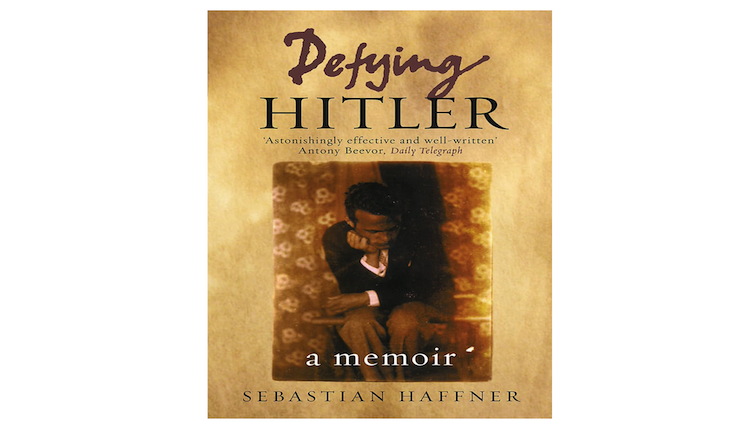

Using extracts from memoirs is a great way to enhance engagement, recall and learning for GCSE Germany
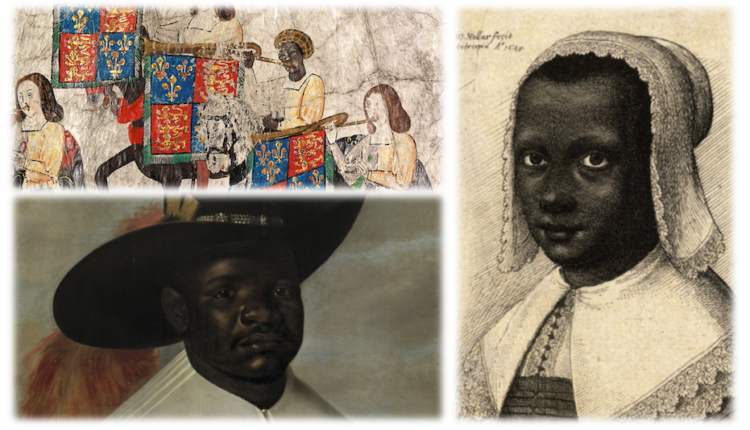
Here are three simple ideas that you can use to diversify your KS3 curriculum.
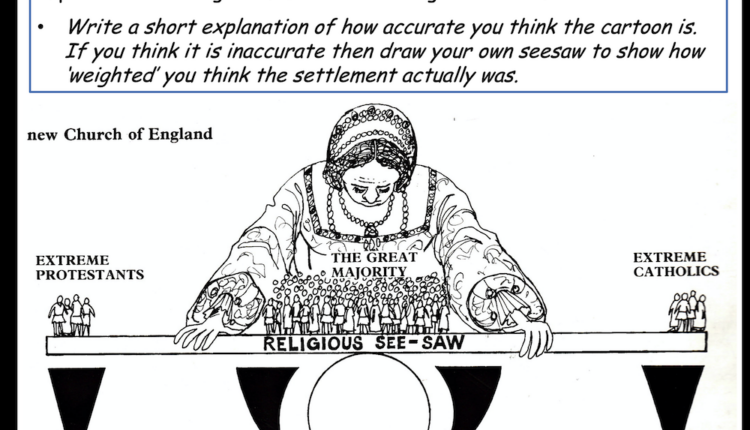
Here are 3 simple ways to vary the end products in your Elizabethan GCSE unit.
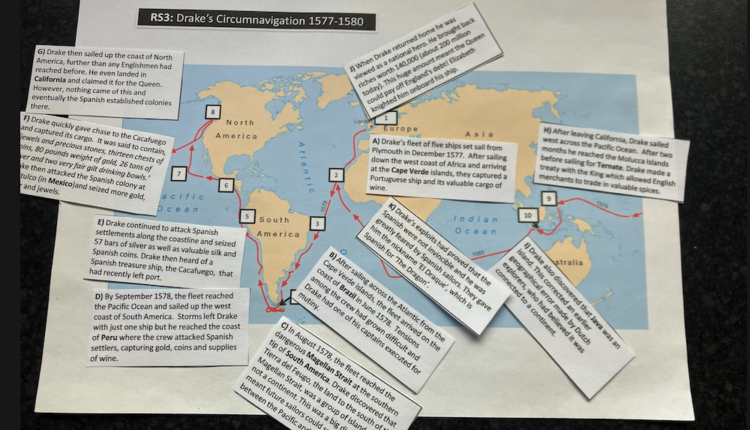
I love using maps in the history classroom. I often joke about geography being all about colouring in maps, but in reality, I’m jealous. It might just be me, but I need to locate myself in time. The chronology of most things is an obsession. It might be the date[…]

Richard McFahn provides 3 practical ideas to help history teachers create overview lessons.
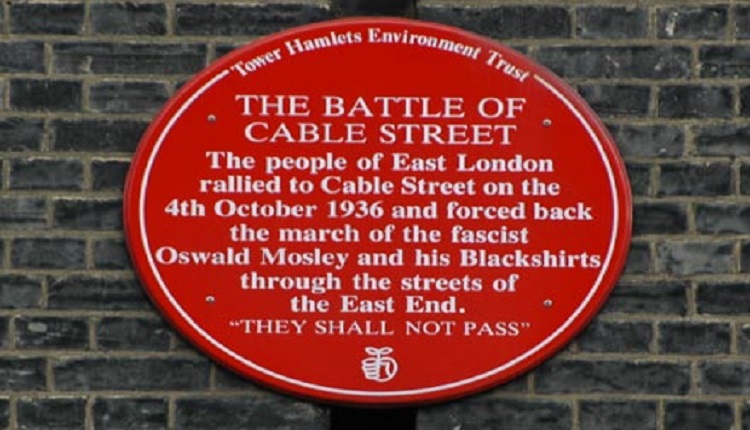
Neil Bates wrote this post a few years back. Never has it been so relevant as now. What with the recent wave of right wing riots, it is more important than ever that we use history to contextualise what happened. Read Neil provides you with brilliant advice on how to[…]
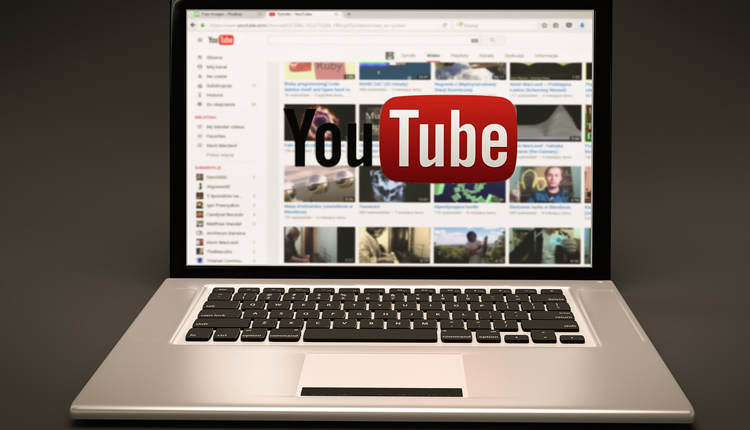
Read this short post to find out different ways to use video clips in your history lessons.
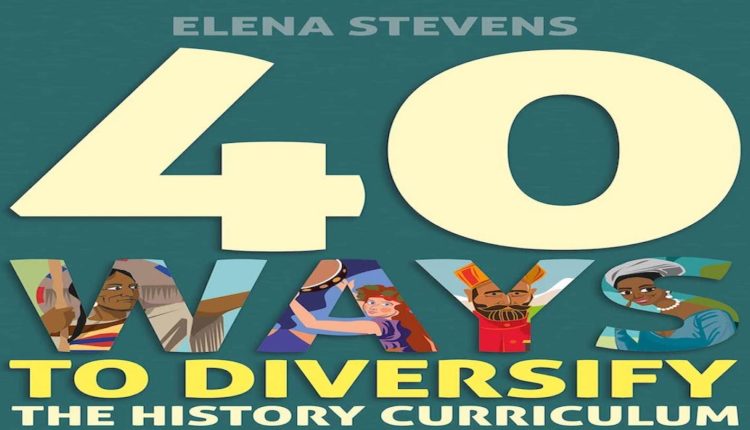
This brilliant article provides you with top tips on how you can easily diversify your history curriculum
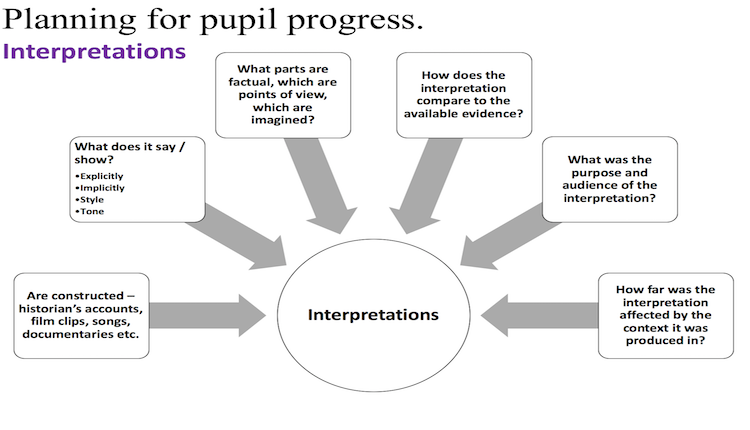
As stated in a previous blog, the teaching of historical interpretations is a crucial element of developing your student’s historical thinking. If you want to play the game where your teaching is solely about getting kids to ‘pass the test’, to do well in the 9-1 GCSEs then this is[…]
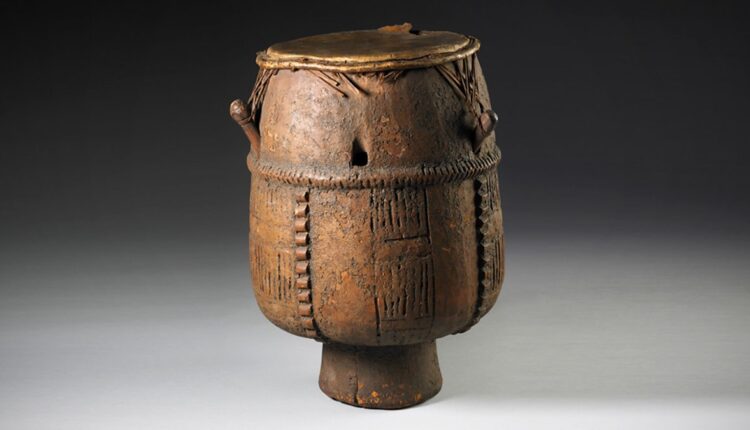
If we are to create outstanding learning and learners, we need to engage our pupils to become curious from the start. One way to help engage learners and create curiosity is ensure that all enquiries that start in an intriguing way. This isn’t a new and revelationary idea. Good teachers[…]

I’m sure many of you who’ve taught a module on female suffrage have had many a tittering class over Isabella Beeton’s advice from 1861, that a wife should rise before her husband, “and having given due attention to the bath, and made a careful toilet…” in order to be what Lord[…]
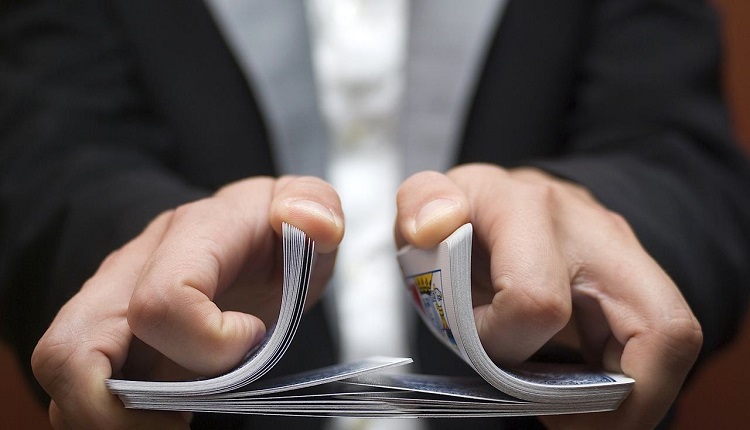
With the 9-1 GCSE there is more content to remember than there was with the older GCSE. Fact! We all need to develop short sharp ideas, or ‘tricks’ to make learning stick.
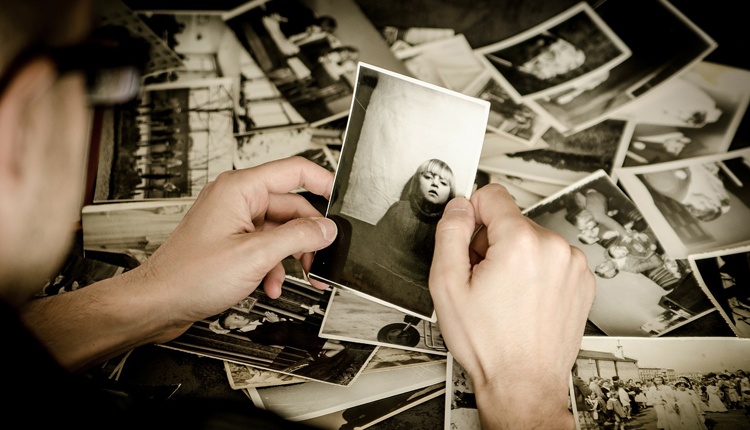
We love to use images in our lessons – always have done. Ever since we could photocopy them from books, print them onto sheets of paper and put them in front of kids we have used them. There are hundreds of possibilities for using pictures. Here are our five top picture activities[…]
Here is your 7 step guide to Jenga for the history classroom. This is a great idea for revision or for cementing that key knowledge that needs to be remembered. The idea is simple. Kids play jenga and revise / learn. It really is all about having fun and learning. What[…]

With exams looming, these activities and techniques can help history teachers ensure their students are geared up and ready to perform under pressure.
I am an old cynic – new ideas in teaching pah! For my sins that used to be my initial view when I saw a new idea presented to me by colleague who doesn’t teach our noble subject. But then I was introduced to this idea by an RE colleague.[…]
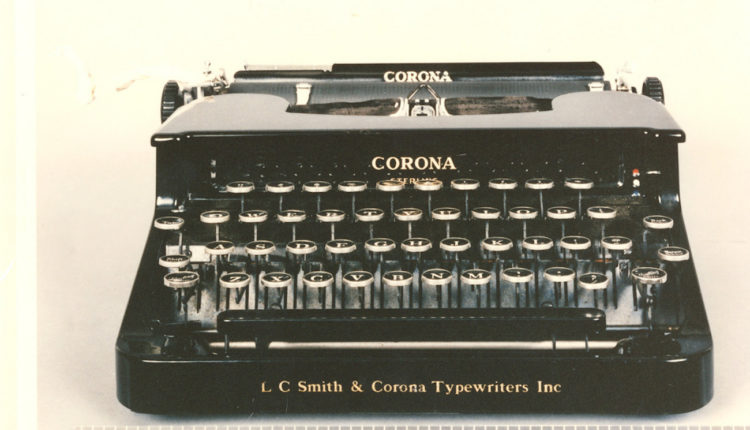
Here are three top tips to help you set work that is engaging, will make your students think hard and help them make progress.
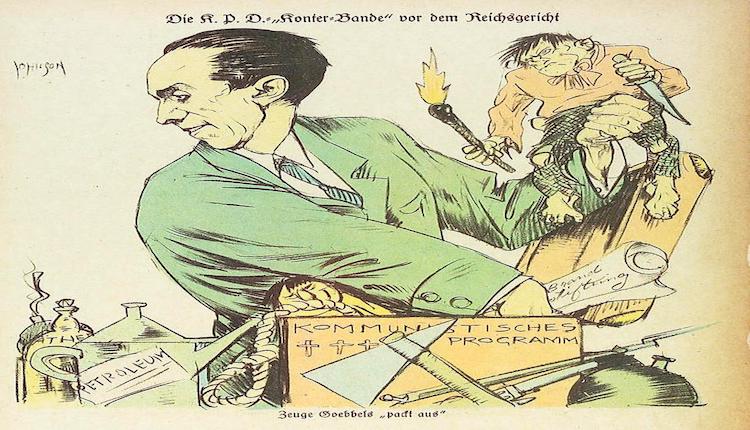
The debate whimpers on. Knowledge and direct instruction against progress teaching ideas. This debate has been going on since the arguments over the birth of GCSE and before. Historical knowledge is crucially important – lets not forget it. But so is the ability to use this knowledge well. We have[…]
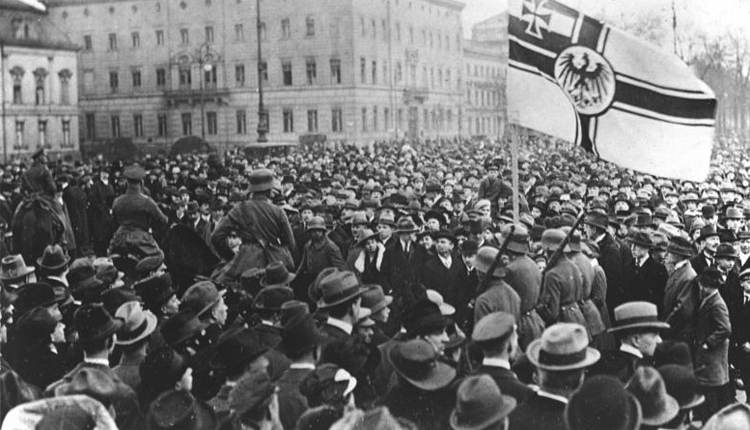
Revision / re-visiting information to make it stick is hugely important. Revising knowledge regularly will help your students remember better. Fact. To help with this process why not play Weimar Germany revision Jenga in your classroom? The resources are available here for you to download. If you want to find out how[…]
I must admit that it is only this year, after 20 years of teaching that I have felt comfortable being a’teacher in role’. I don’t know why, but before I started working with Neil Bates this was something that I shied away from. But on my first day working at[…]
Are you bored of setting work that ends up in an extended piece of writing? An essay? An ‘important assessment’? An exam answer? When you tell your class this do they groan and look deflated? Those kids who can’t be bothered don’t bother. You’re marking load increases as your motivation to[…]
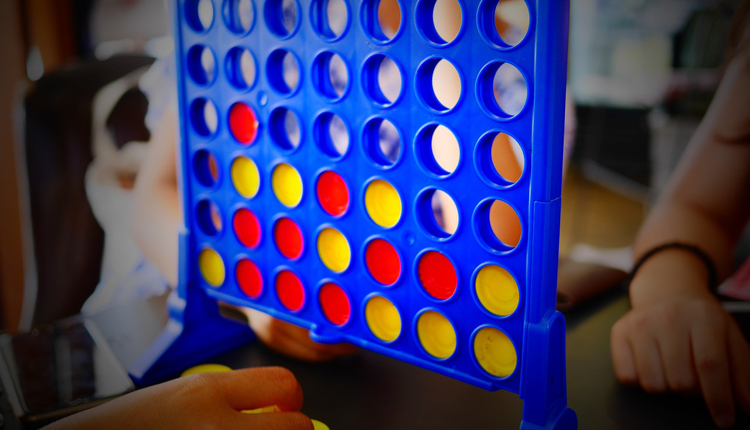
As you can tell we are very keen on using games for the history classroom. Why? Because games are fun. Here is our guide to using Connect 4 to make knowledge stick. Whilst upstairs talking to the MFL team in our school I stumbled across ten Connect 4[…]
Make Knowledge Stick: Odd One Out Recently I have been working really hard to ensure that my GCSE students can recall information over longer periods of time. This is something that I admit, I never really used to think about. I would just teach in an enquiry based way and[…]
The best professional development I have ever had is to work alongside a creative colleague. Just by sitting down for 20 minutes and discussing your lessons for the next day can inspire ideas, or it can reveal fab teaching strategies that you never thought of. In my career I have[…]
It is probably out of fashion at the moment to suggest such crazy ideas as kids having fun in your lessons. Playing the peasant farming game? Don’t be so ridiculous – where is the evidence of exceptional progress by all in the first 10 minutes your SLT may well cry![…]
We use this simple technique to check and cement learning and to deepen thinking. Playing games in the history classroom can be fun. We love ‘Prove it’ and ‘Challenge it’. As you probably know we are unashamed users of cards in lessons. Why? Well, this is because, if the cards[…]
Games in the history classroom: The wall of misconception. This is a great idea to use as a mini plenary to check learning in a fun and active way. The class needs to be armed with knowledge for this activity to work. You may have taught them does Richard the[…]
As you know, we love to use games for the history classroom. Not only are games engaging and fun, they also help cement learning and make knowledge stick. This idea is simple yet highly effective. The unstoppable Neil Bates uses it when doing class revision for GCSE history. It is called[…]
We would recommend that you sometimes use double continuums to sharpen your student’s historical thinking. This neat idea is really simple. We all want to make our students think more. And I have found over the years that many don’t actually like to think. So this neat idea has helped[…]
Do you teach a thematic study at GCSE? Of course you do. I would recommend that you start off with a tried and tested overview. Something that Alec Fisher and I perfected when we worked together for 10 years. We believed and still do, that if you start a course or[…]